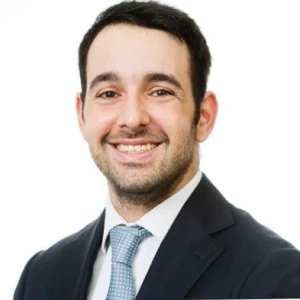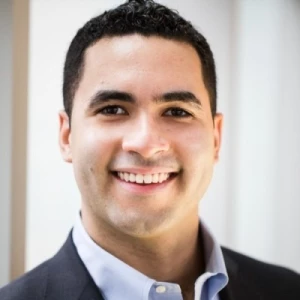Hi all, I recently got into an EU target MSc program. I do have the choice to choose a language to study there "on the side". I'm torn between French and German.
French:
Pro: I used to be semi-fluent in it so it would be easier to return to a B1-B2 level.
Con: I'm more interested in the Zurich area than the Geneve one. Also, the French are notoriously snobby around anyone who speaks even good French but with an accent.
German:
Pro: Casts a wider net in Europe throughout all of DACH, including Zurich
Con: Much harder language to learn let alone reach a B2, Germans are however more open-minded and speak better English anyway.
Would appreciate any insight as I'm kinda new to it. Thanks.


















